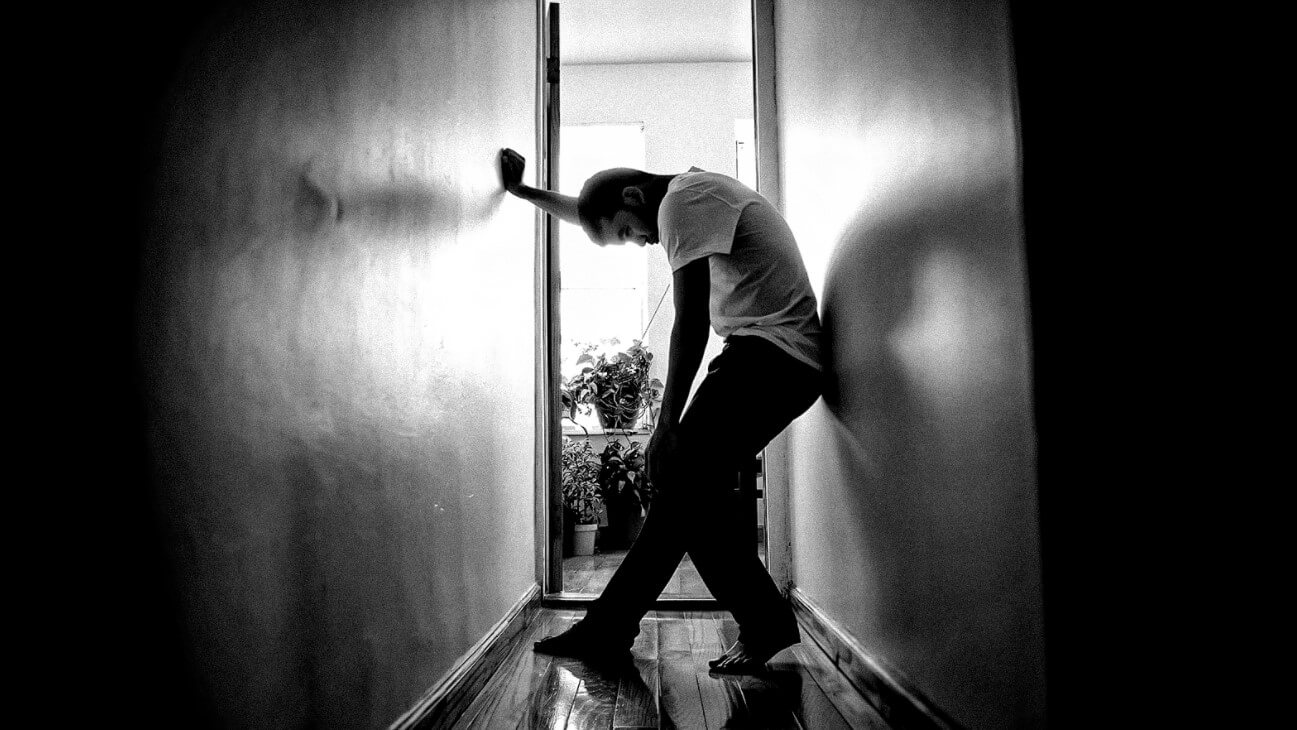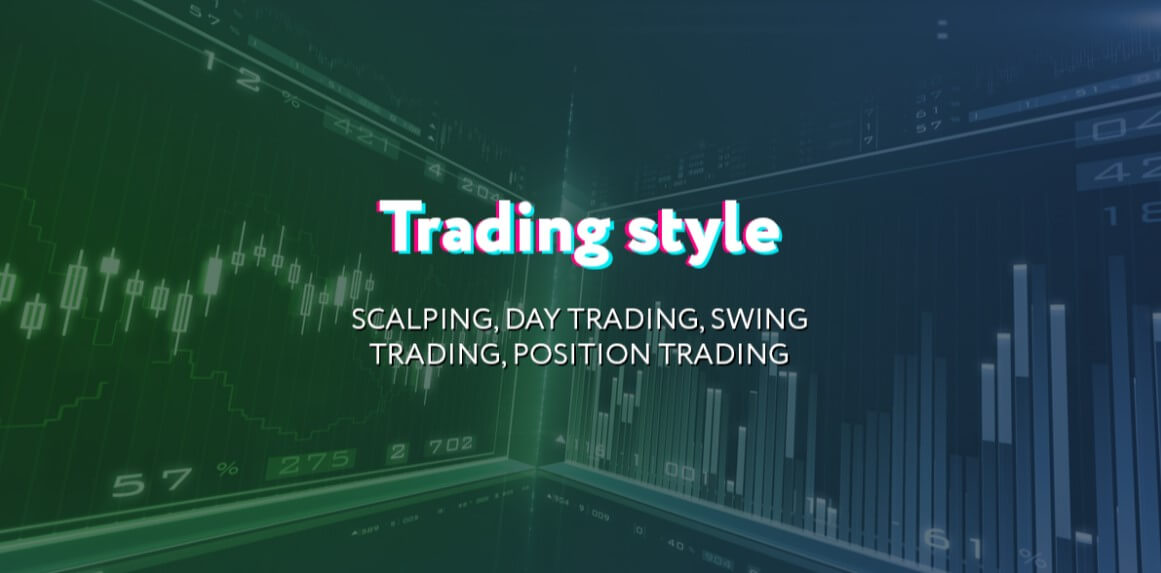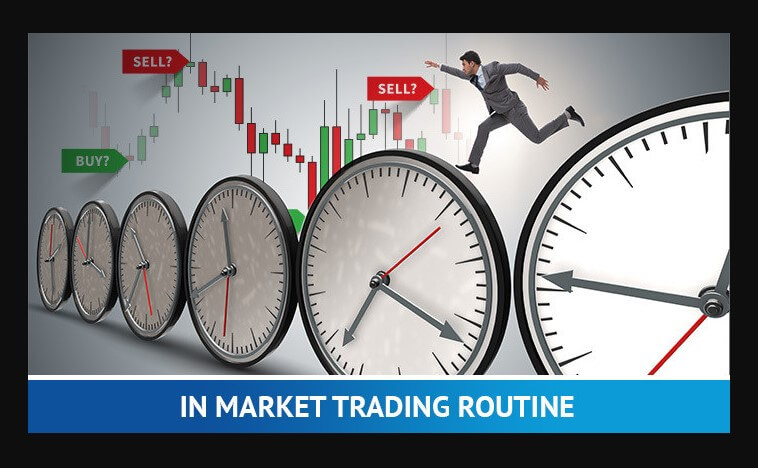When we think about all the things that we do or professional traders do to be successful, it is normally based around reading. Things like creating their strategies, following certain rules, and controlling their emotions. Those things are vital, but there are also things that we need to do which actually have nothing to do with trading, they are things that can benefit our life, which can then subsequently benefit our trading. Here, we are going to be looking at some of the stranger things that traders do that can help with your trading.
Eating Healthy
 This is an easy one for us, eating, we love eating, most people love eating. What we do not mean though is eating just anything you want, you need to be eating the right stuff, you need to be eating for your success. So why is eating so important? A large percentage (around 20%) of the calories that you use on a daily basis is used by your brain, what you eat is what fuels your brain and you then use that brain for your trading. It is important that we are able to keep our brain healthy and functioning properly, not just for trading, but for our overall living. Eating better does not only help your brain, but it also helps your body, losing weight, building muscle, all of these things help you overall well being and can subsequently give you more energy for trading.
This is an easy one for us, eating, we love eating, most people love eating. What we do not mean though is eating just anything you want, you need to be eating the right stuff, you need to be eating for your success. So why is eating so important? A large percentage (around 20%) of the calories that you use on a daily basis is used by your brain, what you eat is what fuels your brain and you then use that brain for your trading. It is important that we are able to keep our brain healthy and functioning properly, not just for trading, but for our overall living. Eating better does not only help your brain, but it also helps your body, losing weight, building muscle, all of these things help you overall well being and can subsequently give you more energy for trading.
It should be obvious that there are some foods that you want to eat more of and some foods that you want to eat less of, we have broken them down below, it is, of course, a non-exhaustive list and you do not need to restrict yourself to just these foods.
Good: Those lovely green leafy vegetables, lots of good fats such as eggs, nuts, and some fish. French fruits that have not been processed and preferably organic.
Bad: High sugar content drinks or those with high levels of fructose corn syrup. Refined carbs, alcohol, high levels of trans-fat, and highly processed foods.
Waking Up Early
This is not going to be the most popular thing that traders do, but getting up early can have a number of different benefits for your trading performance. Many people can struggle to get up for 9a, so if we were to recommend getting up at 5 am it would probably make you laugh, well that is exactly what we are suggesting that you do.
Teaching yourself to regularly get up at the same time, especially at a time that you do not like is an incredibly powerful way or touching yourself with high levels of discipline, a trait that is vital for becoming a profitable trader. If you look at those that are extremely successful, do you think they lie in until 10 am or 11 am? Probably not because they are up early, going through hair routines ready to make more money.

It is a good idea to start your day with a routine, this builds up your discipline but it also helps you develop your own understanding of things, you often learn best in the mornings, creating a routine to help your own growth is vital and a perfect way to start the day.
Do not think of getting up early as a punishment, think of it as a push towards your success. If you feel that getting up in the morning is too hard work, then you will certainly find that keeping your composure and discipline when trading will be even harder.
Meditation
This will seem weird to some, but not so much to others, meditation is a fantastic way to clear your mind, in fact, it can completely clear it which can help you to come back with a fresh mind. Stress is a natural feeling when trading, as is frustration. Being able to meditate and clear that mind will enable you to clear yourself of those stresses and frustrations and allow you to better analyse the markets without any of the previous results or stresses still in the back of your mind.
Medication can also work as a way of focusing your mind, it can allow you to focus on specific issues and to work out exactly how to resolve them, it also helps to free other parts of your mind to explore new ideas and horizons which can create new opportunities for you in the markets.
It does not need to take up a lot of your day, but if you start to feel that you are becoming stressed and frustrated, step away for just 30 minutes, try to clear your mind, and then come back and take another look at the markets with a fresh look.
Exercise
 This sort of goes hand in hand with your eating habits, exercise is fantastic not just for your body but your mind as well. What do you feel once you have finished a workout or the next day, apart from the aches and pains, you probably find that you have a lot more energy, not to mention that you probably sleep a lot better.
This sort of goes hand in hand with your eating habits, exercise is fantastic not just for your body but your mind as well. What do you feel once you have finished a workout or the next day, apart from the aches and pains, you probably find that you have a lot more energy, not to mention that you probably sleep a lot better.
Exercise helps blood flow, the thing that your brain needs. There have been a lot of studies that have looked at the correlation between exercise and brain function, it can increase the function of the brain by up to 30%. Having that extra 30% to help with your trading could be of a real benefit, making you sharper and more likely to spot small deviations.
Consistent training and exercise, doing it regularly, and doing it at the same time each morning will help you to build up your discipline, a skill that is vital for trading.
Reading
Reading is a fantastic thing to do and has been proven to help increase the motor functions of the brain, it does not have to be trading related reading, just reading something would be enough to stimulate your mind. Of course, reading anything is good, but reading books related to what you are doing, in this case, it would be trading, can both stimulate your mind and give you new ideas that you can implement into your own trading.
A lot of us may not like reading, but if you understand that it is now a part of trading, you should be trying to get yourself into the mindset that you are reading to improve your trading and that it will help your overall profitability.
Beware of Too Much Multi-Tasking
A lot of things in life require you to be able to multitask, it allows you to complete more and at a quicker pace, however, when it comes to trading it doesn’t really help you too much. The majority of very successful traders will focus on a single task. At a high level of trading, you are not able to focus on so many different things at once, in fact, it will be hard to focus on more than one. When you are analysing the markets, you can only analyse one at a time, as soon as you start to look at more than one, it will begin to smudge your analysis and they will begin to bend into one.
You need to be able to focus fully on just one, you need to focus all of your energy onto a single asset or currency pair so that you can fully analyse it, not try to analyse multiple things at once. Instead of trying to multitask, simply work for 45 minutes every hour, fully on one element, then take a break, come back and work on the next thing, doing it all at once will confuse you and then make you take a longer period of time to complete all required tasks.
So those are some of the things that traders do that actually have very little to do with trading or are things that you may not have thought about. It is important that when you set yourself a routine, that you stick to it to build up your discipline. Are there things that you do that others may think it is strange, probably, but there are a lot of strange things that people do that really do work and really do improve your trading performance.





 This sort of goes hand in hand with your eating habits, exercise is fantastic not just for your body but your mind as well. What do you feel once you have finished a workout or the next day, apart from the aches and pains, you probably find that you have a lot more energy, not to mention that you probably sleep a lot better.
This sort of goes hand in hand with your eating habits, exercise is fantastic not just for your body but your mind as well. What do you feel once you have finished a workout or the next day, apart from the aches and pains, you probably find that you have a lot more energy, not to mention that you probably sleep a lot better.
 In contrast, we have a recreational gambler who sees a blackjack table and say: “Oh cool, I could play, I’m feeling lucky tonight”. The professional gambler is on that table as well but he has crystal clear goals. He is like: “I am going to play for 4 hours or until I lose 2000 bucks”. Eventually, If he loses this amount of money or after 4 hours he will get up and leave. Those people have a schedule, they have planned out their business. Here we have all these analogies because we want to point out how important it is that we have to have our business schedule. The stock market is open only seven and a half hours a day, when we speak about currencies one of the great things and the worst things is that is always open. So there is a chance where we can sit at any time and ruin our trade with just one click of a mouse.
In contrast, we have a recreational gambler who sees a blackjack table and say: “Oh cool, I could play, I’m feeling lucky tonight”. The professional gambler is on that table as well but he has crystal clear goals. He is like: “I am going to play for 4 hours or until I lose 2000 bucks”. Eventually, If he loses this amount of money or after 4 hours he will get up and leave. Those people have a schedule, they have planned out their business. Here we have all these analogies because we want to point out how important it is that we have to have our business schedule. The stock market is open only seven and a half hours a day, when we speak about currencies one of the great things and the worst things is that is always open. So there is a chance where we can sit at any time and ruin our trade with just one click of a mouse.
